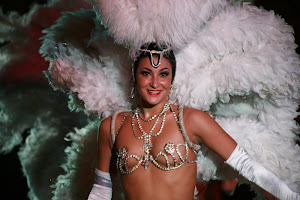
The thing to bear in mind is that the media needs footballers more (most of the time) than they need the media.
The media in general doesn’t get access to sports stars outside the sphere of reference of their sport – for instance at post-match interviews, where the frames of reference are also quite fixed. The whale only gets harpooned when the individual comes up for air, so when, Beckham does his academy openings, he knows he's going to be exposed to a frenzy of media attention and not that much of it will be centred on the academies but will be more on his aims for the World Cup or a recent party he threw.
When footballers get paraded in front of the media because of a new sponsorship, it's unrealistic to expect that the journalists will stick to the script and not ask about other 'pressing' news agendas.
There are some key things to remember:
Journalists need stories; it gets them promoted and more money. If they have a story about you that you don’t like, your best bet is to try and replace that story with something of the same 'value' but with better resonance for you. Max Clifford is expert at brokering such deals with the media on behalf of his clients
You can only influence the media, not control it. Central to this is respect and relationships – often hard for people in the full glare of the spotlight, but we're all humans after all and we all respond to being treated with respect and intelligence.
Get a message and stick to it. Before a media appearance, ask yourself what you want to get out of it, and be willing to always draw the interview back towards those key, prepared messages.
A £1,000 investment in media training will repay itself may times over.
Matt Guarente is a media trainer, Editor of Square Mile and supplies content to many leading news institutions
Monday, 17 December 2007
Media training for football stars
Posted by
Miss Jones
at
02:53
![]()
Labels: advice on handling press, footballers, max clifford
Subscribe to:
Post Comments (Atom)

No comments:
Post a Comment